Filter by
Discover more about our projects
Success stories (33)
RSSHydrogen storage can contribute to energy security and help balance fluctuations in the supply of electricity produced by wind and sun.
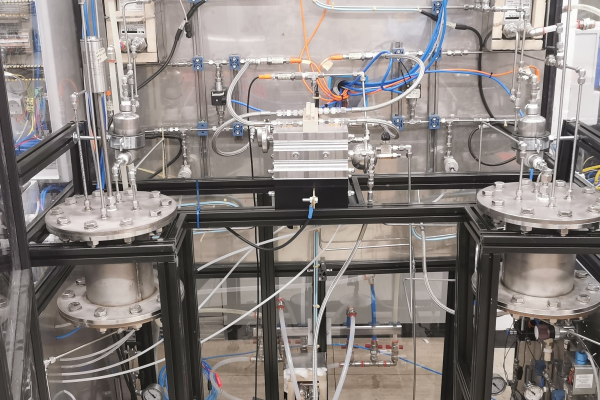
Three Clean Hydrogen Partnership-funded projects have increased knowledge related to development of anion exchange membrane electrolysers (AEMELs) for hydrogen production, testing 2-kilowatt power stacks.
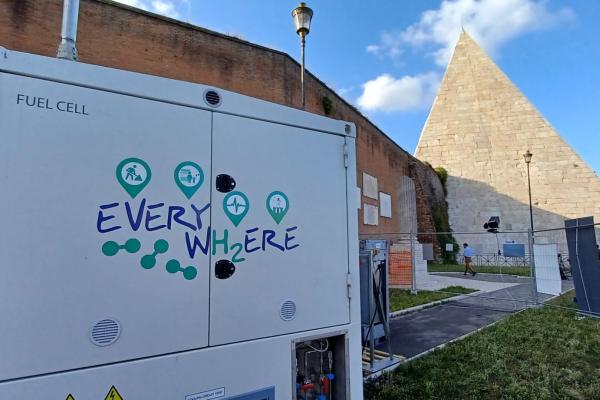
The EVERYWH2ERE project has integrated fuel cell stacks with lightweight, safe hydrogen technologies to provide a reliable, low-noise, low-emission power supply for use in environments such as construction sites, ports, and social and cultural events.
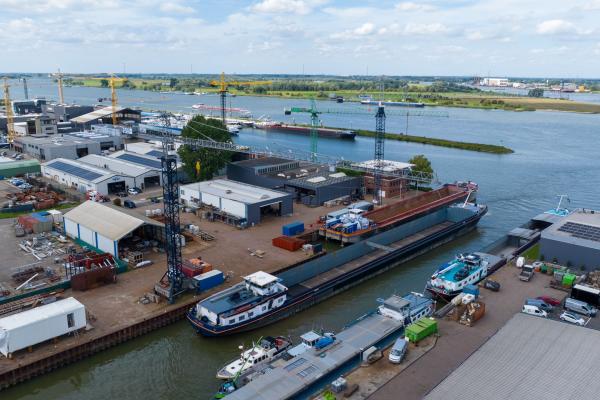
Switching freight from road transport to water results in significant emission reductions. Clean Hydrogen Partnership-funded projects are demonstrating how fuel cell technology can reduce inland waterway transport emissions even more.
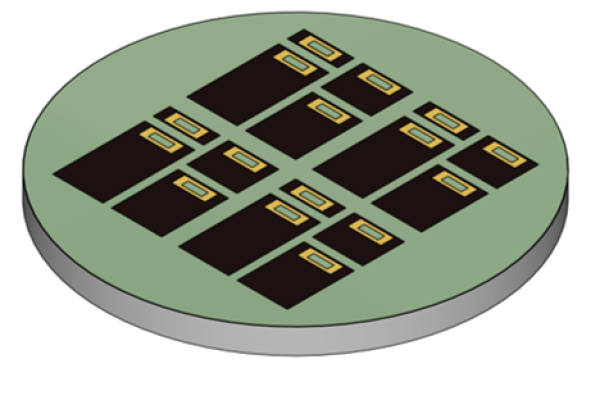
Proton ceramic electrolysers (PCE) opened the way to producing, hot, pressurised dry hydrogen.
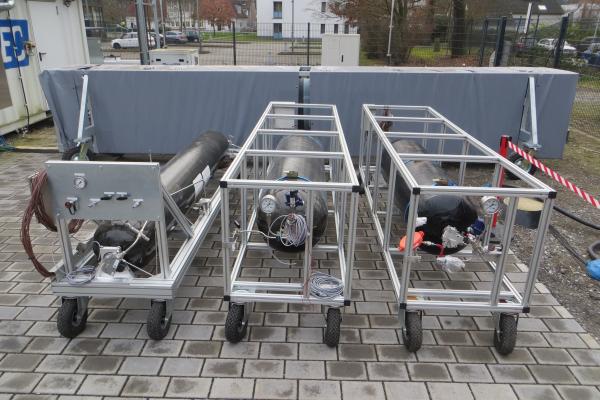
As part of moves to decarbonise transport, the use of hydrogen to fuel heavy-duty vehicles like lorries, locomotives and ships is set to increase.
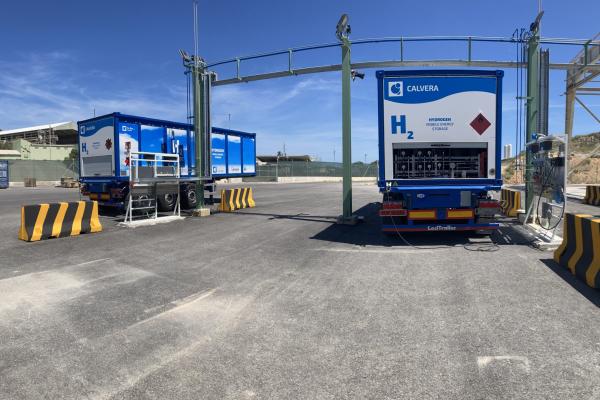
Europe’s ports are hubs of industrial activity and economic growth, and therefore major polluters.

The Clean Hydrogen Partnership is funding hydrogen valleys.

With the launch of the European Skills Agenda in 2020 and the European Year of Skills in 2023, the EU has acknowledged the vital role of education and training in providing opportunities to everyone and ensuring sustainable growth.

Fuel cell and hydrogen technologies are expected to play a key role in decarbonising transport.
